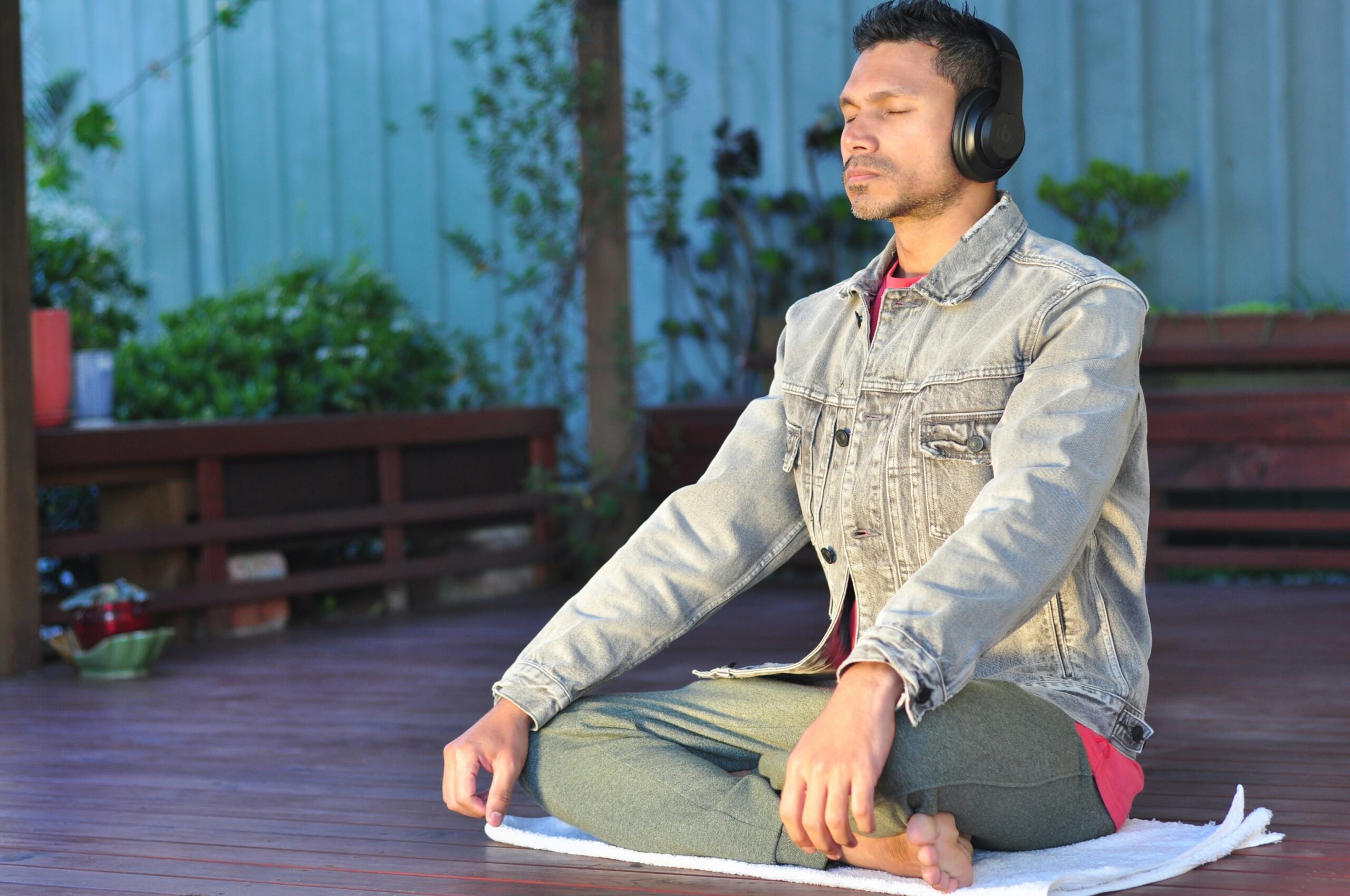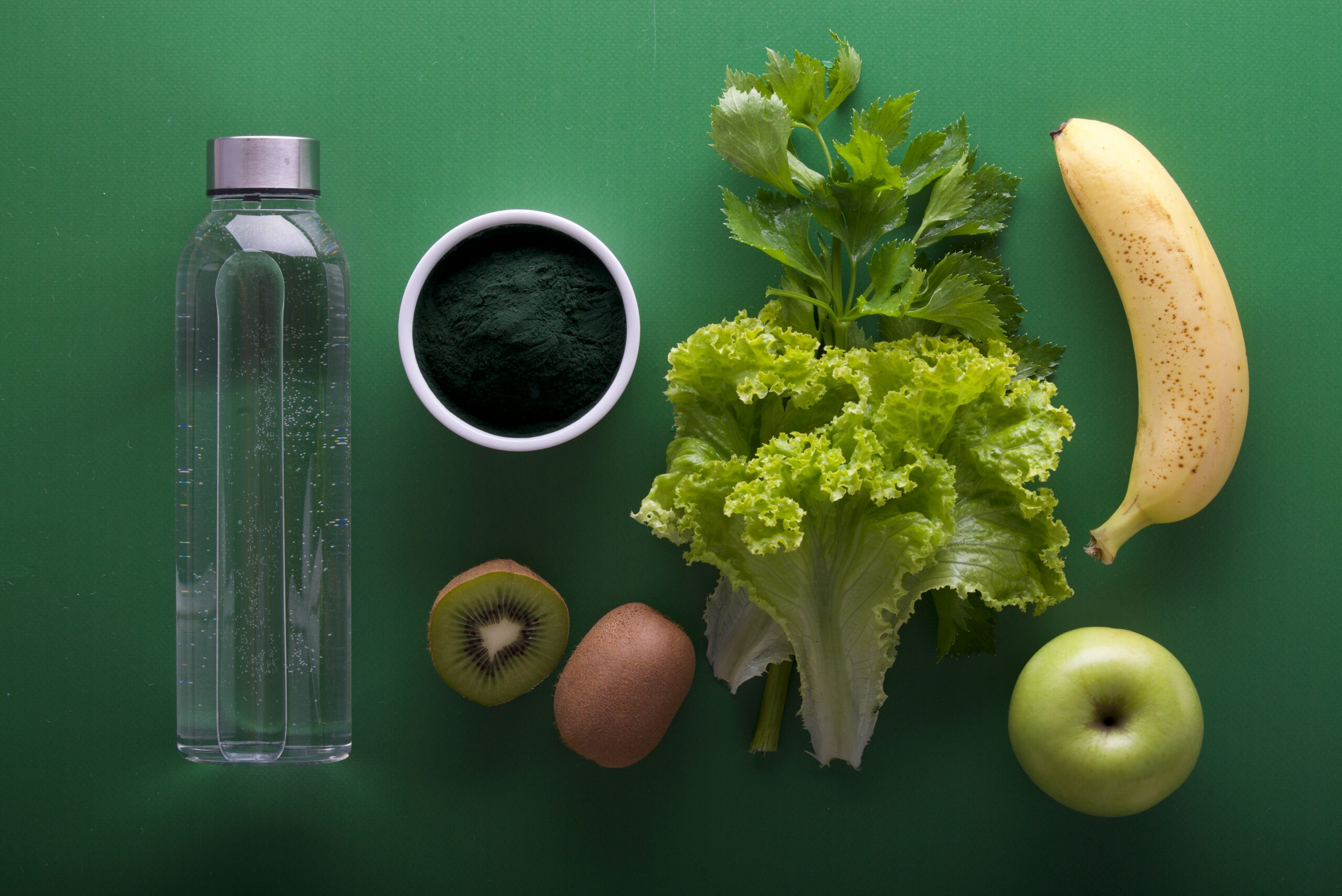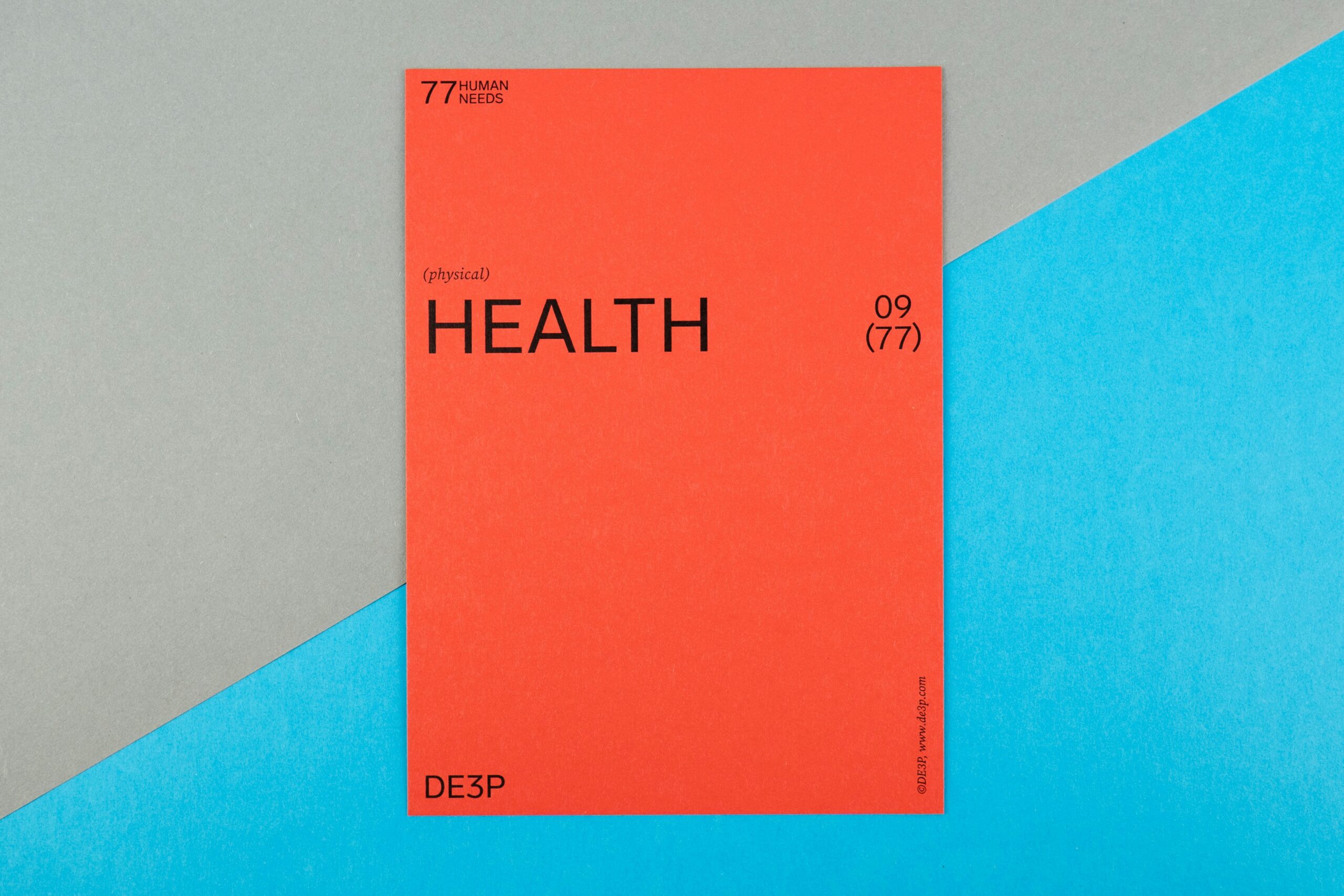Health Revolution: 15 Data-Backed Ways to Boost Your Energy

Let’s be honest: Most of us drive empty. We arrive at the third cup of coffee, fight through 3 o’clock, and promise ourselves that we “sleep more” because we browse our minds through our phone late at night. We have accepted fatigue as a common part of modern life. But what if it is not?
Welcome to a new health revolution. It’s not about a radical diet or a penalized exercise regime; This is about understanding the basic columns of your energy and understanding small, science-supported changes that yield large-scale returns. It is a revolution that lies in the basic principles of human health, designed to help reconstruct your vitality from the inside.
Proper, continuous energy is not found in a box or pill. It is grown through daily habits that support the body’s complex systems. By focusing on basic health, we can build a reservoir of energy that gives us strength through our days with clarity and purpose.
Table of Contents
1. Master Your Sleep Sanctuary
We can’t talk about energy without starting with sleep. This is the cornerstone of all health and welfare. During sleep, your brain cleanses metabolism, your body repairs tissue, and your energy reserves are refilled.
1. Data:
A study published in the journal Sleep found that even a smaller sleep restriction (6 hours per night) is equal to two whole nights in terms of cognitive and motor performance. The participants felt that they were favorable, but their purpose was greatly weakened.
2. Action:
Priority 7-9 hours of quality sleep. Make your room cool and dark. Prohibition screen – Blue Light presses melatonin an hour before bedtime, the hormone that tells your brainit’s time to sleep. Think of sleep as not shutdown, but as your most productive energy production.
2. Hydrate Like Your Energy Depends On It
Water is a medium for almost all metabolic processes in your body. Even mild dehydration can lead to a significant decline in energy, concentration, and mood.
1. Data:
Research from the University of Connecticut has shown that dehydration of only 1.5% (a level that you cannot feel like thirst) reduced fatigue and improved focus on maximum difficulties.
2. Action:
Grave the myth “8 glasses in one day” and aim for half of the body weight (in kilos) in ounces. For a person of 150 pounds, there are 75 grams. Place a large water bottle on the desk and sip continuously throughout the day.
3. Move Your Body

It seems the other way around, but it is one of the most reliable methods to make energy more through physical activity. Exercise improves the efficiency of the heart, lungs, and muscles, which means you use energy more efficiently throughout the day.
1. Data:
A study at the University of Georgia concluded that adults, but otherwise healthy adults who began training at least three days a week for just 20 minutes, reported an increase of 20% in energy fools and a 65% reduction in fatigue after six weeks.
2. Action:
You don’t have to run a marathon. A sharp 20-minute walk, cycle on a small bike, or some body weight exercises, your kick-start communication system can kick and flood your cells with oxygen and nutrients.
4. Tame the Sugar Rollercoaster
That sugar snacks or refined carbs can give you a quick boost, but it always occurs after a broken accident. This spike-end-Plunj cycle is a primary driver for the afternoon.
1. Data:
A study in the Journal Neurocycobiology found that high-glycemic carbohydrates increased fatigue and stringness within an hour’s consumption compared to low-glycemic alternatives.
2. Action:
Carbohydrates pair with protein, fa,t or fiber. Instead of a regular bagel (fast spike), there is an apple with almond butter (continuous release). This stabilizes your blood sugar, which provides a stable stream of fuel for your brain and body.
5. Embrace the Power of Protein

Protein is the building block of life, but it is also a prominent player of continuous energy. This slows the absorption of sugar in the bloodstream and provides the necessary amino acids required to produce important neurotransmitters such as dopamine and norepinephrine, which promote vigilance and attention.
1. Data:
Research published in the American Journal of Clinical Nutrition has shown that a protein-rich breakfast was far more effective than a high-carbohydrate breakfast to prevent spikes in blood sugar, which maintains the energy level.
2. Action:
A source of lean protein is included – such as eggs, Greek curd, chicken, fish, tofu, or lentils – in each meal, especially in breakfast.
6. Befriend Micronutrients: The Iron & B-Vitamin Connection
The body’s energy production system is a complex factory that requires specific raw materials. Two of the most important are iron and B vitamins (especially B12, B9 (folate), and B6).
1. Data:
Iron is necessary to carry oxygen to your blood. Reduced, even at a non-university level, is a well-written cause of fatigue. Similarly, B vitamins are coenzymes involved in converting food directly to cellular energy (ATP).
2. Action:
Does not deliver only by closed eyes. If you are constantly tired, ask your doctor for a blood test to check your level. Be aware of a diet that is rich in leafy vegetables, legumes, nuts, seeds, and lean meats, so that your micronutrient health can be supported naturally.
7. Practice Strategic Caffeine Consumption
Caffeine is a powerful tool, but it is often abused. Used properly, it can increase vigilance and performance. Poorly used, it sabotages sleep and creates an addiction cycle.
1. Data:
Caffeine has a lifetime of about 5-6 hours. This means that if you have coffee at 16, half the caffeine is still 9-10 in your system, interfering with your sleep architecture and reducing the energy for the next day.
2. Action:
Eat caffeine during the day and in moderation. Think of a “caffeine ban” in the afternoon. This simple habit protects your most valuable property for long-term health and energy: deep, restorative sleep.
8. Get Morning Sunlight
Your circadian rhythm is the body’s health internal master watch, which controls your sleep cycle and energy level. Natural light in the morning is the first thing to put this clock.
1. Data:
Sleep hormone in exposure to light, morning light suppresses melatonin and increases cortisol in a healthy, awake person. A study in the International Journal of Endocrinology found that contact with morning light helped regulate the circadian rhythm and improve energy and mood.
2. Action:
Within an hour after waking up, use 10-15 minutes outside the sunglasses. Look at the sky (not directly at the sun). Even on the day, the light intensity is enough to indicate to your brain that the day has started.
9. Master Your Breath
When you get stressed or tired, your breath turns shallow. It deprives your body of oxygen and can trigger a stress reaction. Taking conscious control of your breath is a straight line for your nervous system and energy level.
1. Data:
A study from the University of Marburg found that a breathing technique called “Breath of Fire” or Kaplabhti Pranayama increased the energy level and reduced the feelings of fatigue in the participants.
2. Action:
Try “Box Breath” technique: Grust for 4 Count, hold for 4, breathing for 4, hold for 4. Repeat for 2-5 minutes. It reassures the nervous system and oxygen blood, promoting rapid, clean energy.
10. Connect with Others
Loneliness and social isolation are fairly draining. Positive social connections release a cascade of sense-precise hormones like oxytocin and dopamine, which fight stress and sell a sense of energy and engagement with life.
1. The Data:
A developing body of research, which includes research from Harvard University, at once links robust social ties to better intellectual and physical fitness, consisting of lower costs of melancholy and higher levels of pronounced well-being and vitality.
2. The Action:
Make time for authentic connection. These interactions aren’t luxuries; they’re essential investments for your emotional and physical health.
11. Declutter Your Mind and Space
Mental Chaos-left two-do lists, worries, and a large energy drain. A disorganized environment can contribute to this cognitive overload, emphasizing subconsciously.
1. Data:
Researchers at Princeton University Neuroscience Institute found that physical disorder in your environment is competing for your attention, resulting in a reduction in performance and increased stress and fatigue.
2. Action:
dedicates 10 minutes at the end of the day to clean the field. Use a note app or a magazine to “brain dump” all your features and concerns out of your head. This frees up the mental RAM for what it really matters
12. Listen to Uplifting Music
Music has a deep and immediate effect on your mood and energy status. The right song can change your brain chemistry in minutes.
1. Data:
A study published in Nature has shown that listening to music makes you enjoy, the release of dopamine increases, which is a neurotransmitter associated with happiness, inspiration, and vigilance. It can also reduce the level of cortisol and reduce the feelings of stress.
2. Action:
Create an “Energy Boost” playlist filled with songs that make you feel powerful, happy, and inspired. Tap the play when you feel a recession.
What are the most effective, science-backed ways to naturally boost energy?
Prioritizing quality sleep, staying hydrated, engaging in regular physical activity, eating balanced meals with complex carbs and protein, managing stress through mindfulness, and getting adequate sunlight are all proven by research to enhance energy levels.
Can certain foods really increase my energy throughout the day?
Yes! Foods rich in complex carbohydrates (like oats and sweet potatoes), lean proteins (such as eggs or legumes), healthy fats (like avocados and nuts), and iron-rich options (like spinach and lentils) provide sustained energy and help prevent blood sugar crashes.
How quickly can I expect to feel more energetic after making lifestyle changes?
Many people notice improvements in as little as a few days—especially with better hydration and sleep—but consistent energy gains typically build over 1–2 weeks of sustained healthy habits.










